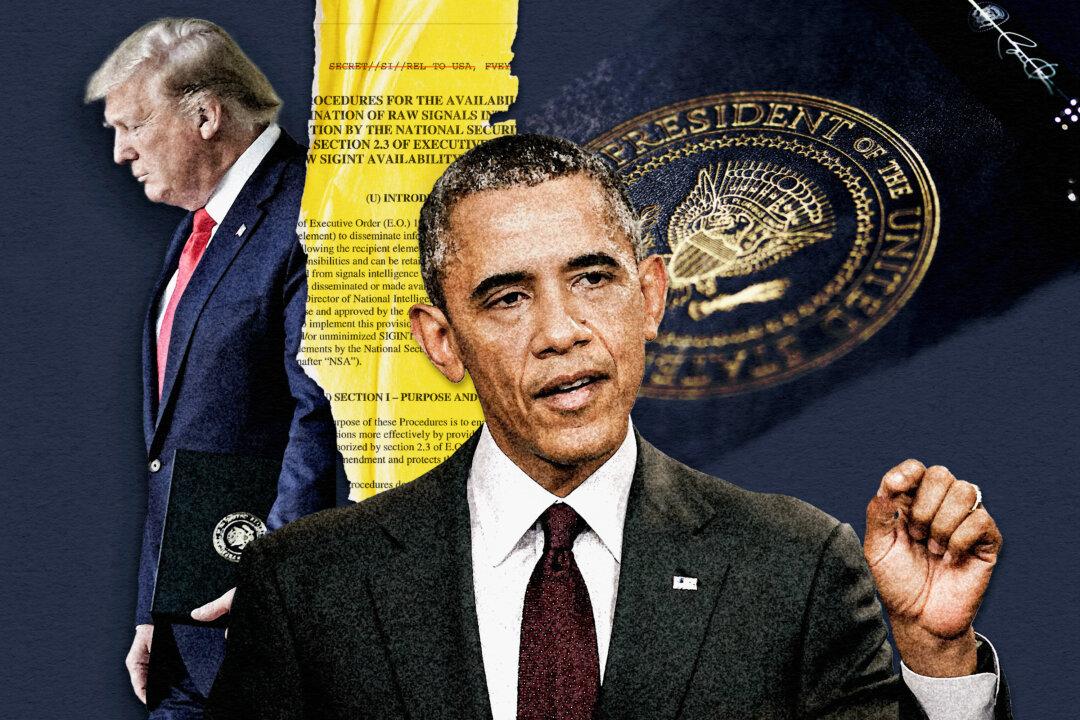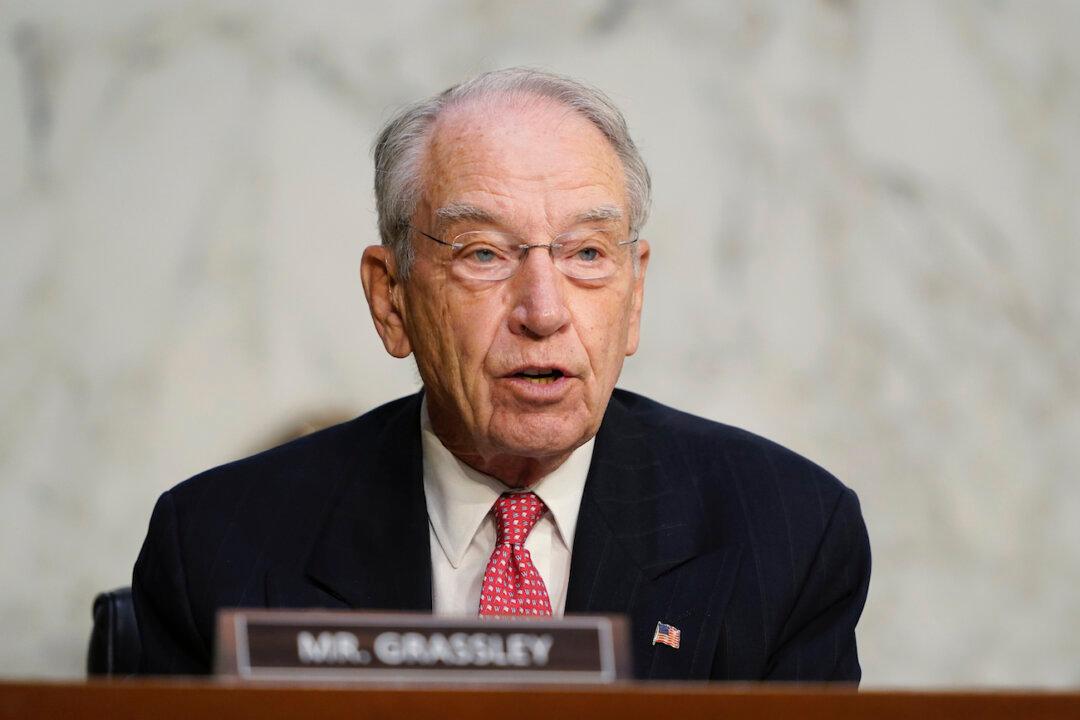Trisha Anderson, the principal deputy general counsel for the FBI and head of the bureau’s National Security and Cyber Law Branch, signed off on an application for a warrant to spy on former Trump campaign adviser Carter Page—before the application went to FBI Director James Comey—despite not having read it, she said.
Anderson, whose division was also assigned the Mid-Year Exam—the FBI’s investigation into Clinton’s use of a private email server—was responsible for legal oversight of the FBI’s Foreign Intelligence Surveillance Act (FISA) applications process, and provided a final sign-off before FISA applications were sent to the FBI director level. Anderson, who supervised the FBI attorneys involved in FISA applications, characterized her role as being “involved at a supervisory level within the legal chain of command.”





